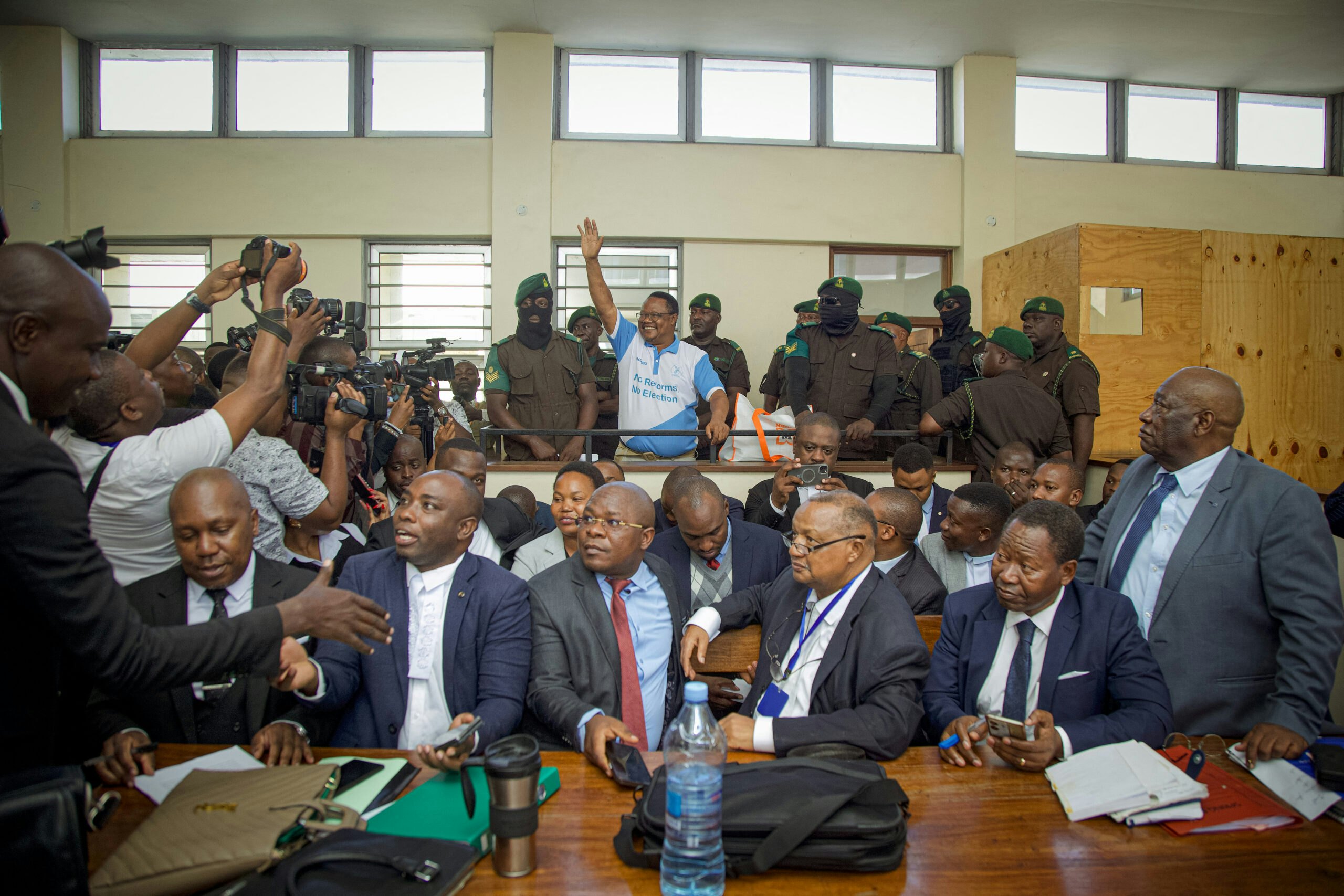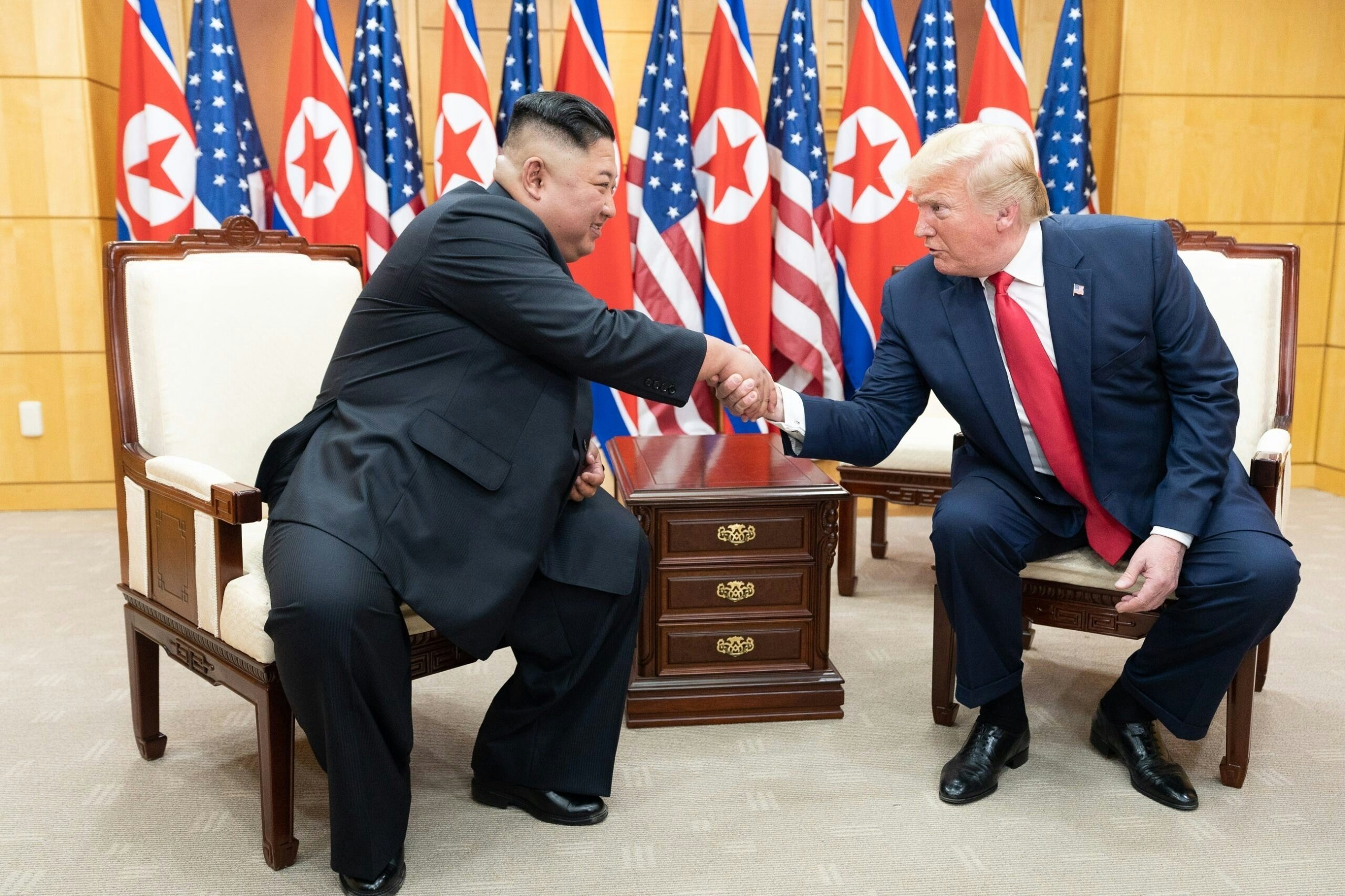Finland officially joined the North Atlantic Treaty Organization (NATO) on April 4th. The Nordic country becomes the alliance’s 31st member since its inception in 1949, and the first to join NATO since Russia’s full-scale aggression against Ukraine over a year ago.
Why it matters:
Finland’s military is one of the most capable on the continent, and its accession to the alliance has doubled the border that NATO shares with Russia. St. Petersburg, Russia’s largest second-largest city and imperial capital, is closer to the Finnish border than it is to Moscow.
The timing and the speed with which Finland joined the alliance was unprecedented. It was also a watershed historical moment for the Finns, who fought the Soviets in a bloody war from 1939-1940, eventually losing a tenth of their territory, including Vyborg, their second-largest city at time. In the post-Second World War period, Finland declared neutrality—also known as the Paasikivi-Kekkonen doctrine) and enjoyed good relations with post-Soviet Russia as well. All that changed after Putin launched the full-scale invasion against Ukraine on February 24, 2022.
Bottom line:
The NATO alliance has been strengthened with an important new member and sent an unequivocal message about the strength of transatlantic unity to Vladimir Putin. Russia has threatened unspecified retaliatory measures in response, but considering that one of Putin’s demands prior to the full-scale invasion of Ukraine was for NATO’s retreat to its 1997 borders, this is a major strategic setback for Russia, not to mention a major loss of face for Putin himself.
Finland’s neighbor Sweden is now expected to follow as a new alliance member, as soon as Hungary and Turkey approve their application. The United States must exert all necessary diplomatic pressure on Budapest and Ankara to make this a reality prior to the next NATO Summit in July in Vilnius. And NATO should continue to support Ukraine and Georgia’s eventual accession to NATO, as decided during the Bucharest Summit in 2008.































